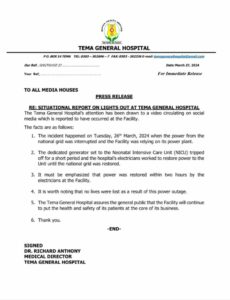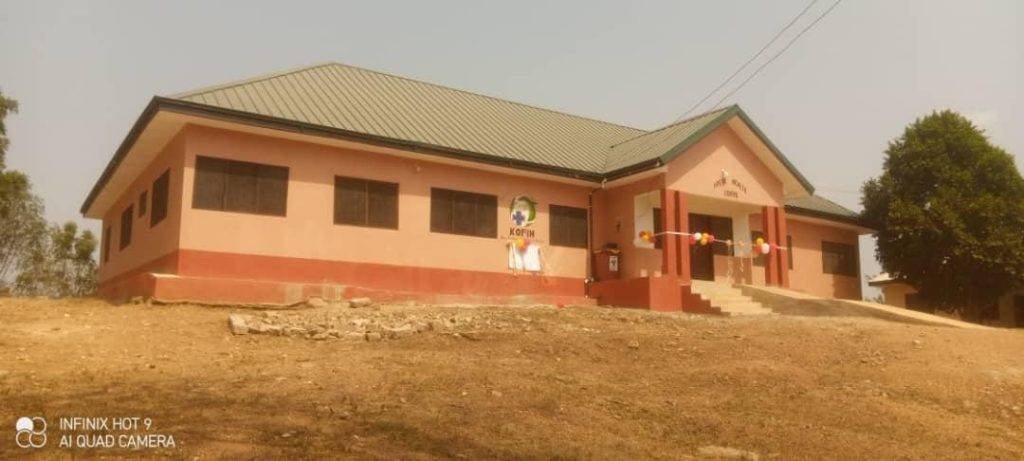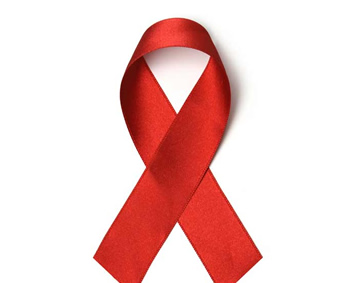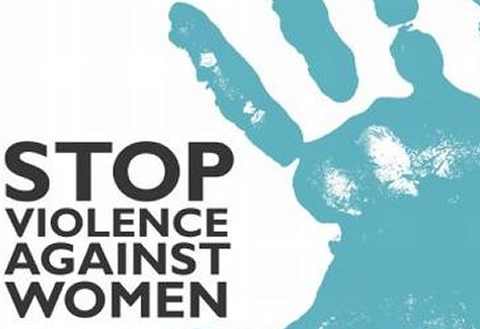
All health facilities in the country are to register and obtain the required license from the Health Facilities Regulatory Agency (HeFRA) as required by law.
The Board Chairman of HeFRA, Nana Otuo Acheampong, who gave this warning in an interaction with journalists in Accra on Wednesday, said refusal to comply with the law would result in the closure of offending facilities.
HeFRA operates under the Ministry of Health (MOH) and is mandated under the part one of the Health Institutions and Facilities Act, 2011(Act 829), to license and monitor facilities for the provision of public and private health services.
Nana Acheampong indicated that, the agency had been able to register and license only few out of the numerous health facilities in the country, saying "out of the 33,000 health facilities in the country, we have registered and licensed 1,466 health facilities excluding pharmacies and medical sellers."
He said that health facilities were supposed to display their license for the public to easily access it adding that, "when you visit a facility and do not see the HeFRA certificate with authorised signatures, you can report them."
Nana Acheampong noted that enough time had been given to the various facilities to obtain the required license, therefore, failure to do so would attract a fine not more than 5000 penalty units and 10 years imprisonment according to the law.
He assured the public to expect high quality service anytime they visited any facility since they would ensure that facilities in the country maintained the expected minimum standard by ensuring good maintenance and management.
He advised the general public to ensure that facilities visited were authorised and licensed to operate as such.
The acting Registrar of HeFRA, Matthew Yaw Kyeremeh said licenses were provided to facility operators who met the entire basic requirement according to the law.
"We give provisional license to new facilities and a long term license to facilities that has gone beyond the provisional period," he added.
Mr Kyeremeh indicated that monitoring according to the law was supposed to be done, at least, once in a year to ensure that personnel, equipment and services provided were of high quality and safety.
He said that inspection, however, happens once at the beginning and the third year, if the facility has gone beyond the provisional period of six months.
Touching on the challenges of the agency, Mr Kyeremeh said the agency did not have enough personnel to carry out its duties and were engaging other private companies to deal with registration and monitoring under their supervision.
"We do not have enough personnel because it is a new agency. Obviously, if we are talking about 33,000 health facilities in the country, then we need a lot of workers to help us carry out our activities," he noted.
Read Full Story























Facebook
Twitter
Pinterest
Instagram
Google+
YouTube
LinkedIn
RSS